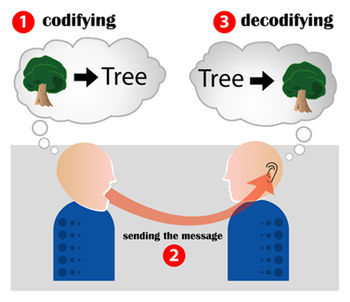From the outside looking in, the public sector is both appealing and intimidating for small businesses. It is a market rife with opportunity, but also difficult to navigate especially if you are a newcomer unfamiliar with the nuances of contractual relationships with government organizations. But fear not, for if your small business's ultimate goal is to carve out a piece of this market for yourself, it is far from an impossible task. Multiple paths and strategies exist that can give small businesses a leg up on competition and turn the dream of becoming a public sector-serving company a reality. Here are a few examples of steps you can take to be successful in this endeavor:
1. Pick one capability or service, and do it very well. Small businesses have advantage over larger companies in a few ways, one being specialization. The average larger company these days cannot rely on a single capability to drive their revenue. There are too many staff and too much overhead to put all eggs in one basket. As such, they are becoming more "jack-of-all trades" in their offerings, ensuring that they cover every possible angle of services government clients might need. This is where small business finds advantage. Typically with minimal overhead cost and a small agile workforce, small business can specialize in one particular capability to a point where it becomes the go-to for that capability, even over the larger companies. If a government client wants one very specific service (as is often the case), they are likely to take the sharp scalpel over the broad sword and will probably save money doing it too. It is important to know, however, which specialized capability will play best to your market, which leads us to tip #2.


